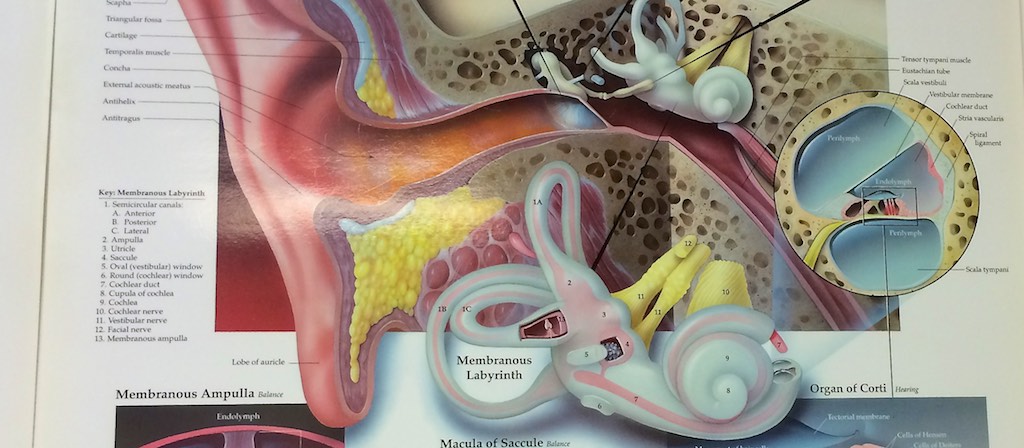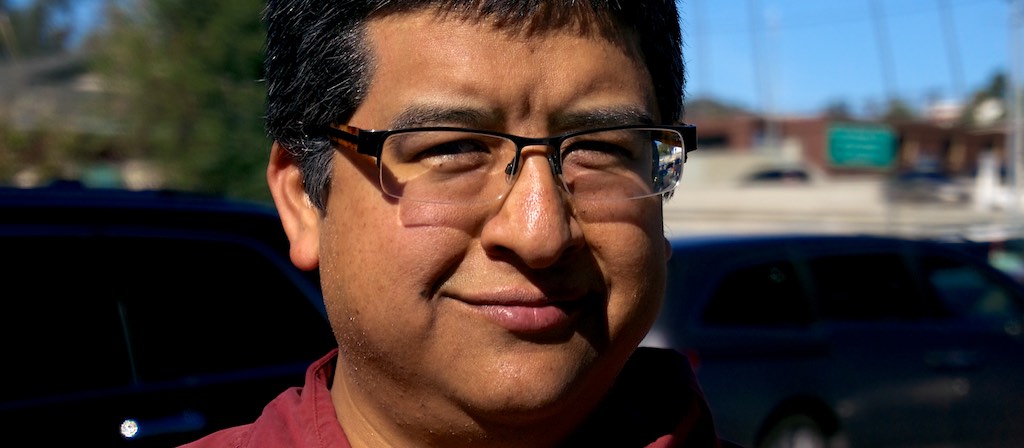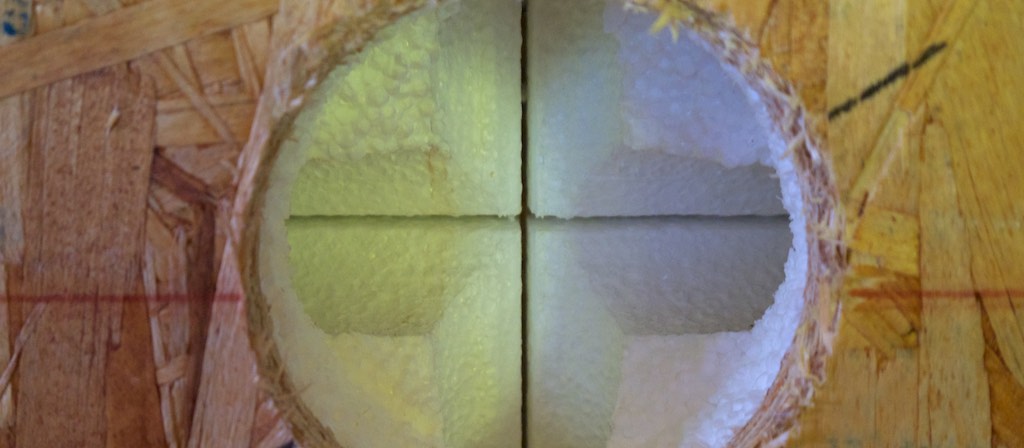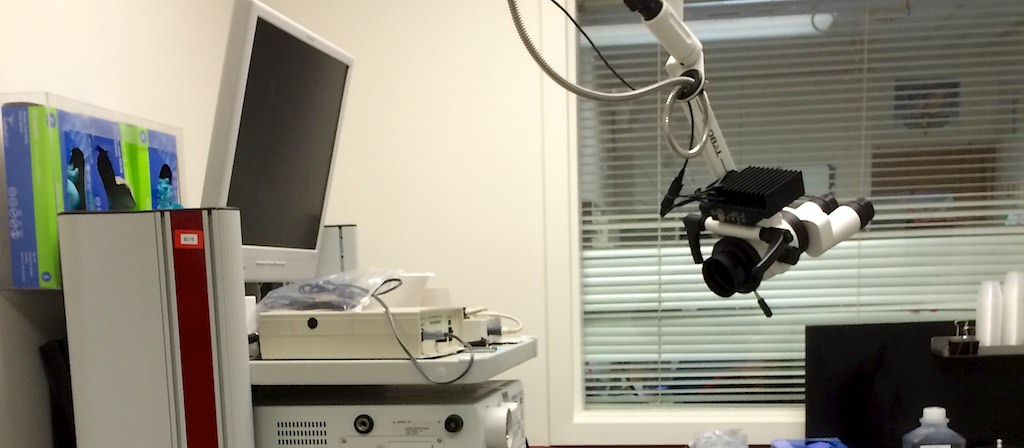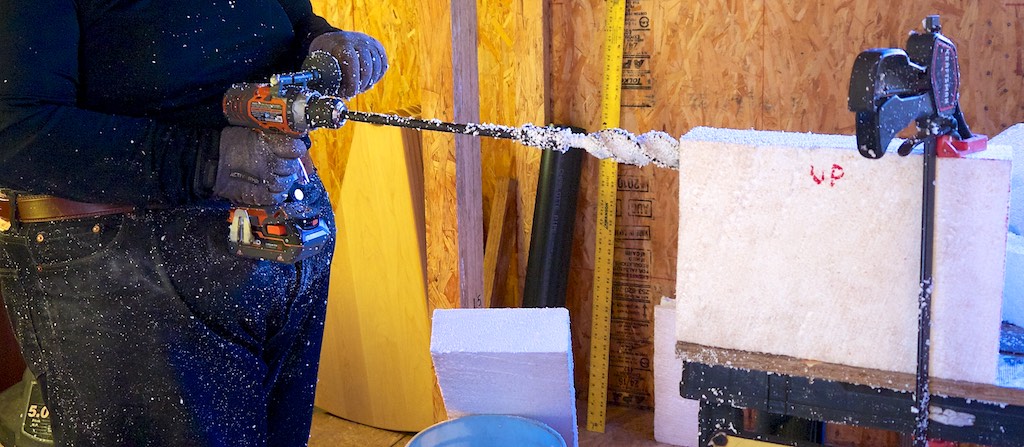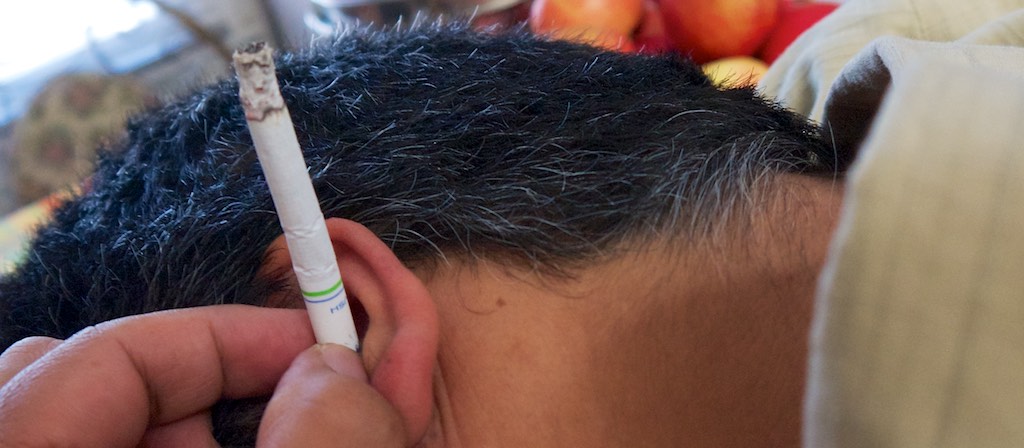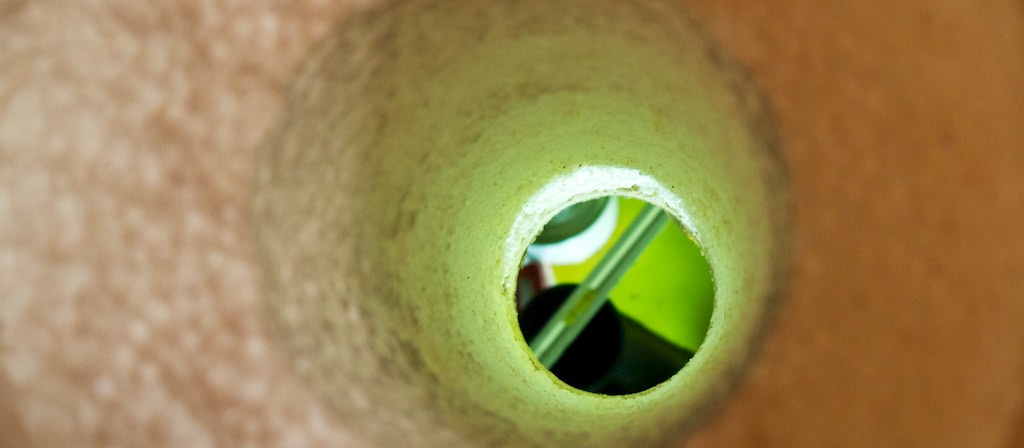Part VIII
I wonder how I slept with the roar of pulsitile tinnitus surging with my blood pressure, heart rate, and anxiety. Somehow I managed to take the sleep vacation every night. The intratympanic corticosteroids injections only initially quieted the tinnitus. After a few hours after the treatment, the cochlea did seem to revive and the tinnitus signal increased in strength. I thought this might be a sign of healing. For the next three weeks I would see my Doctor, he would ask if wanted to continue the treatments, and then would proceed to inject the drugs through the ear drum. Some time before, on the same day, the Doctor of Audiology would give me a robust hearing screening to document any changes to my hearing thresholds.
After the 1st week of treatment, my speech discrimination improved at amplification from 60% to 88%. The 2nd week I achieved a 92% score, my best to date. Sadly, the tinnitus increased so much, it felt at times that was the only think I could hear. On my final cycle of Audiology to Otolaryngology, I asked if blood circulation could be a factor in the tinnitus. My Doctor thought it was a stretch, but agreed to refer me to get a computed tomography (CT) of the head and neck. My doctor wanted to see me for the last time to check if my eardrum had healed after the multiple last bore injections. I decided to postpone that final encounter well after the CT and at least 30 days after my last corticosteroid middle ear injection.
After my near simulated deafening from the MRI, I wondered if the CT would have a similar debilitating effect. The CT is an altogether different machine than MRI. Instead of using power electromagnets, the CT is a computer aided x-ray machine. A contrast agent would aid in distinguishing tissues, blood flow, and abnormalities. I would only wait 1 week before my scheduled CT, in the medical imaging department of my local hospital.
